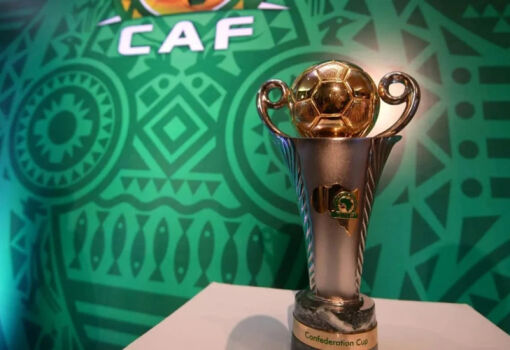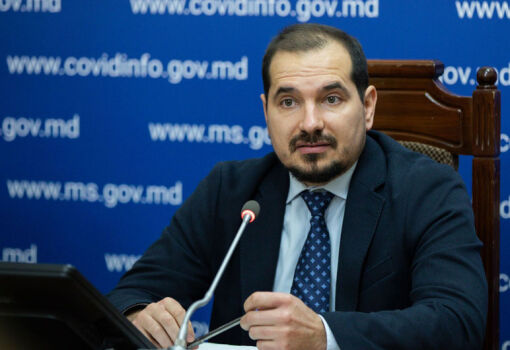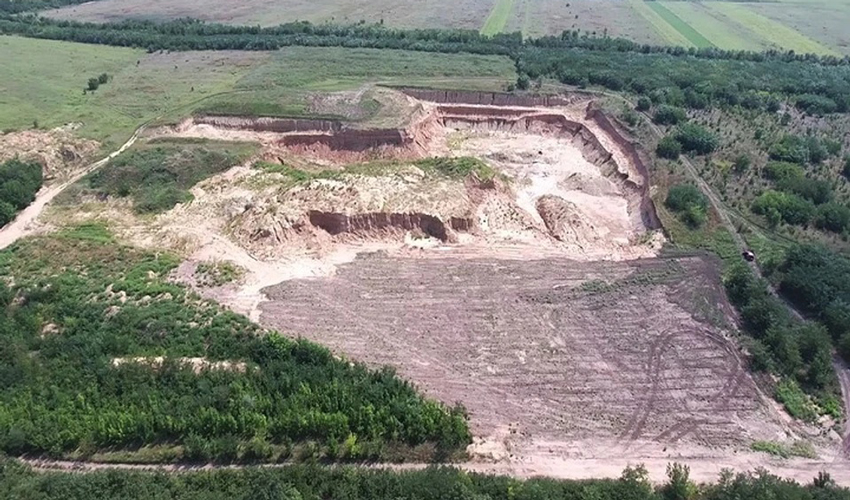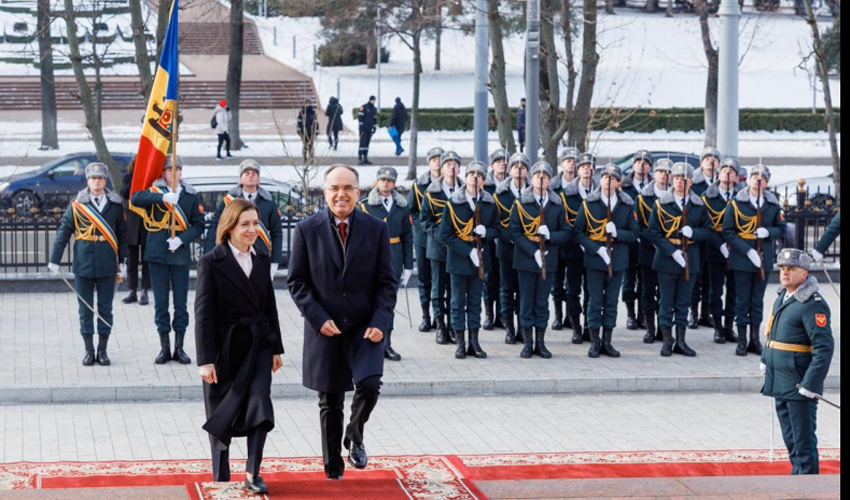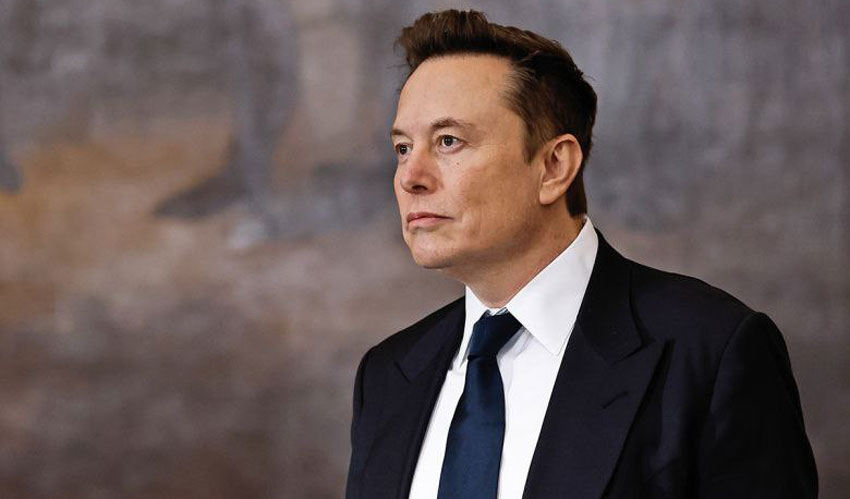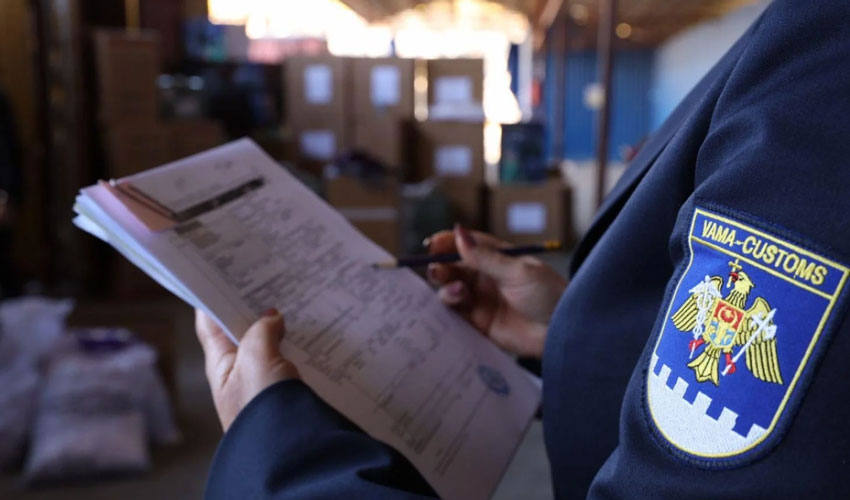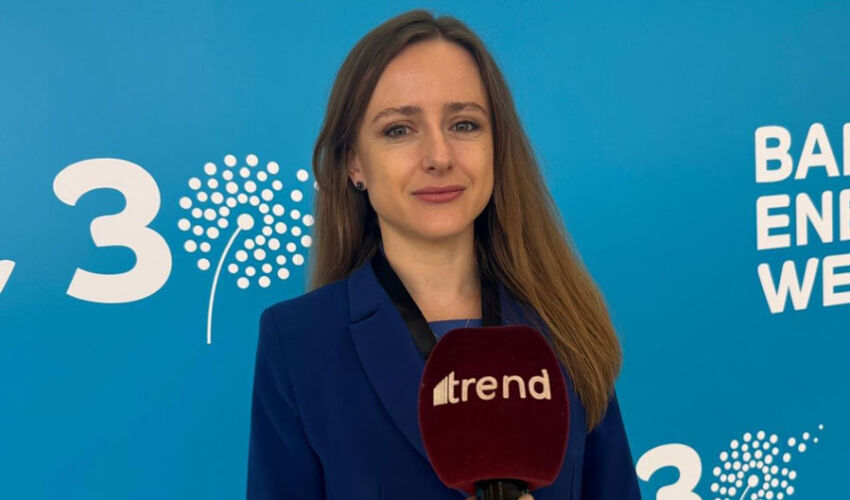
Carolina Novac
“We are interested in participating in the Black Sea Cable project. The secretariat of this project is located in Bucharest and we have excellent cooperation with Romanian partners. We want first of all to understand what procedures we need to follow,” Moldovan Energy Ministry State Secretary Carolina Novac said in an exclusive interview with Azerbaijani news agency Trend during Baku Energy Week.
She also noted that Moldova has increased its renewable energy capacity eight times in the last four years. And it recently launched auctions for 165 MW of photovoltaic and wind projects, with plans to include energy storage systems (BESS) by the end of the year to improve grid stability. A Memorandum of Cooperation on Energy Efficiency and Renewable Energy between the National Center for Sustainable Energy Development (IP CNED) and Azerbaijan’s Renewable Energy Agency was signed during a meeting of the Moldovan-Azerbaijani Intergovernmental Commission on April 11, 2025.
“The main areas of cooperation outlined in the Memorandum include exchange of information on legislation, studies and other materials related to the promotion of renewable energy; cooperation in research initiatives aimed at developing renewable energy technologies, improving energy efficiency and creating innovative solutions; exchange of knowledge and experience in the implementation of energy efficient technologies and applications, including battery, hydrogen and smart grid technologies,” specified the
Azerbaijan, Georgia, Romania, Hungary and Azerbaijan signed a strategic partnership agreement on December 17, 2022, which includes plans to build a 1,195-kilometer-long 1,000 MW submarine energy cable under the Black Sea. The cable would transmit green electricity generated in Azerbaijan and Georgia to Romania with onward transportation to Hungary and the rest of Europe, expanding Europe’s access to renewable energy from the Caucasus region. Bulgaria has also already expressed interest in joining the project.








